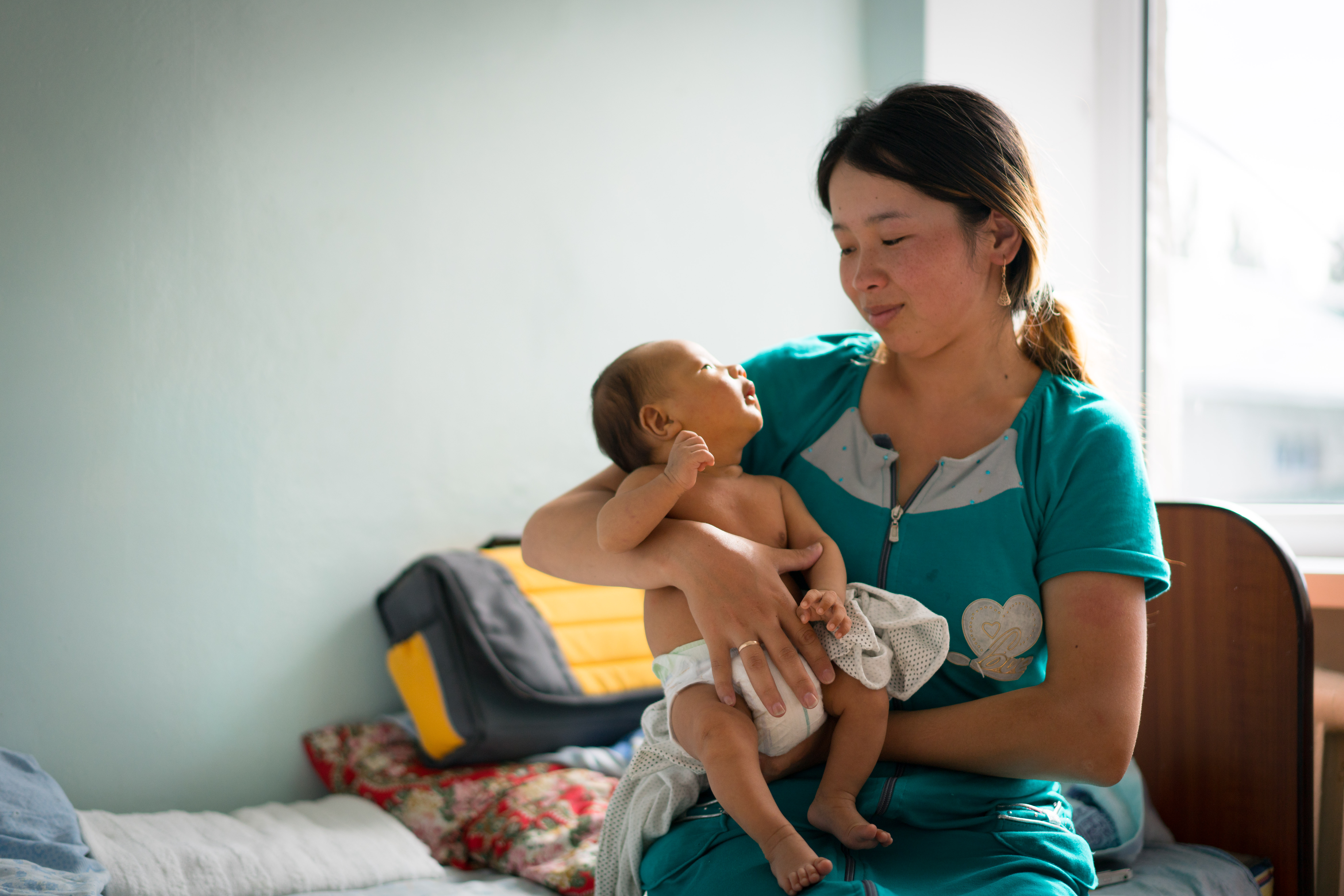Global Exemplars in Stunting Reduction: The case of Kyrgyzstan
"Global Exemplars in Stunting Reduction - The case of Kyrgyzstan" is a collaborative effort of UCA and The Hospital for Sick Children based in Canada. Since its inception in 2017, the country case study of Kyrgyzstan has contributed to the field of knowledge on stunted child growth as a successful case of fight against the prevalence of stunting.
Compared to the incidence of stunting of children in 1997, indicators of stunting in Kyrgyzstan decreased by threefold by the year 2014. This collaborative effort is convened to study the reasons behind Kyrgyzstan's success in reducing stunting, to serve as guidance and provide an insight for other countries. IPPA at UCA is committed towards fostering research on socio-economic dilemmas to prompt dialogue on solutions.
A systemic assessment of the determinants of stunting was carried out by researchers at IPPA encompassing data of relevant programs, government strategies, social care sector, efforts by international development agencies and household level data. To further gain an insight into grass-root level challenges of the fight against stunting, researchers from IPPA conducted in- depth interviews with stakeholder groups, ranging from representatives from local communities to members of World Bank, UNICEF, USAID, World Food Program, Swiss Cooperation Bureau and Mercy Corps. Qualitative analysis was backed up by economic modelling and household level data on economic factors.
The country case study on Kyrgyzstan identifies the contributions of successful international developmental projects and government’s health and nutrition policy as key elements in fighting stunting. The study highlights the importance of sustainable economic growth in improving lives. An in depth analysis of Kyrgyzstan attributes improved nutrition, diet intake, access to information and awareness on health, to the inclusive economic growth observed in the country from 2014.




